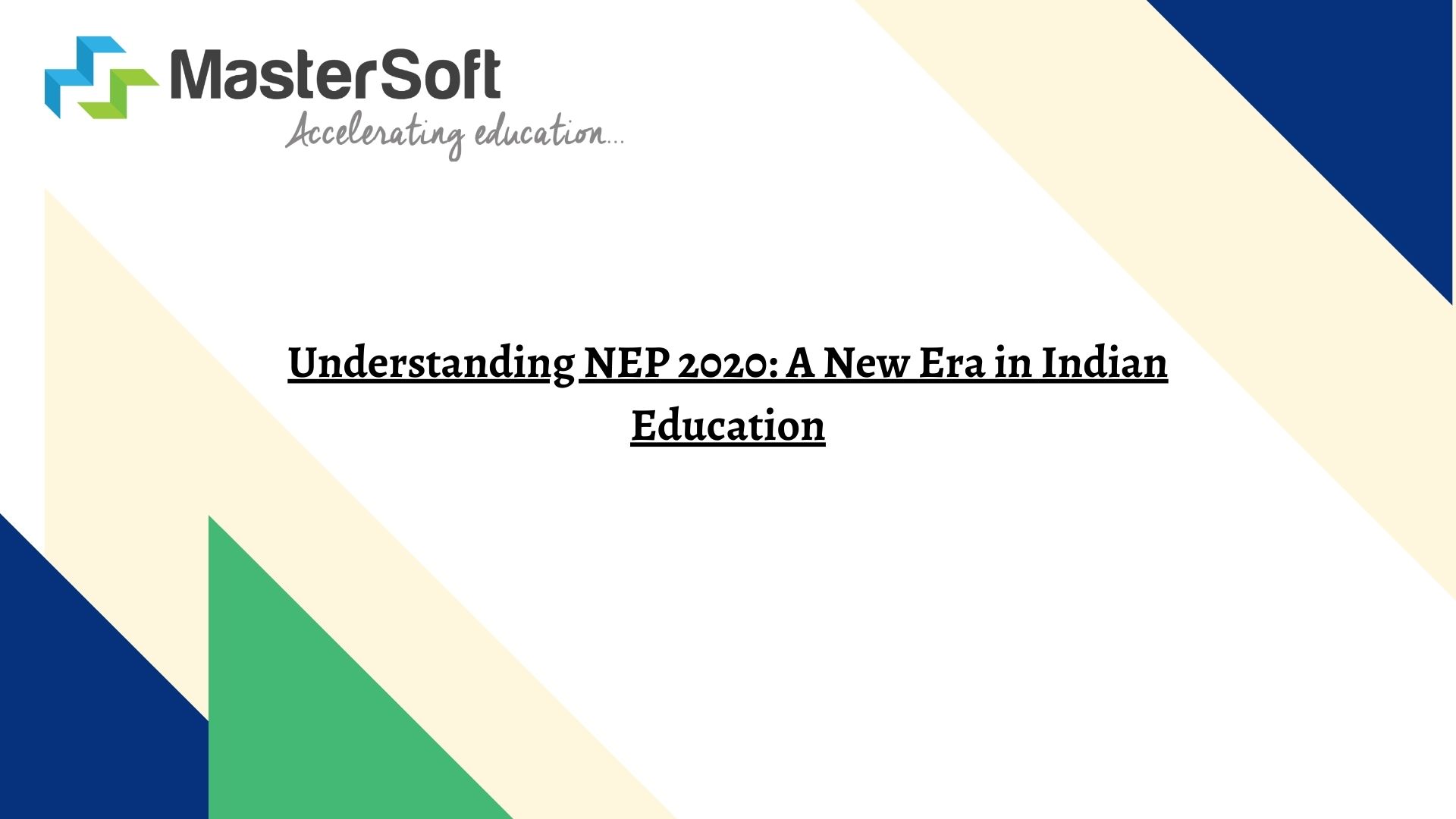The National Education Policy NEP 2020 marks a transformative shift in the Indian education system, bringing sweeping reforms that aim to make education more holistic, flexible, multidisciplinary, and aligned with the needs of the 21st century. Approved by the Union Cabinet on July 29, 2020, NEP 2020 is India’s first education policy of the 21st century, replacing the previous policy of 1986. This policy envisions an education system that contributes directly to transforming India into an equitable and vibrant knowledge society.
Key Highlights of NEP 2020
- Early Childhood Care and Education (ECCE): NEP 2020 emphasizes the importance of Early Childhood Care and Education, ensuring that children aged 3-6 years have access to quality education. It proposes the creation of a National Curricular and Pedagogical Framework for ECCE, focusing on developing foundational literacy and numeracy.
- New Structure of School Education: The traditional 10+2 system is replaced by a 5+3+3+4 structure. This new structure corresponds to the stages of a child’s development:
- Foundational Stage (5 years): Includes 3 years of pre-primary and grades 1-2.
- Preparatory Stage (3 years): Grades 3-5, focusing on play, discovery, and activity-based learning.
- Middle Stage (3 years): Grades 6-8, with a focus on experiential learning in the sciences, mathematics, arts, social sciences, and humanities.
- Secondary Stage (4 years): Grades 9-12, with greater depth, critical thinking, flexibility, and student choice of subjects.
- Focus on Foundational Literacy and Numeracy: By 2025, NEP 2020 aims to ensure that all students attain foundational literacy and numeracy by grade 3. This is critical for the subsequent success of students in their educational journey.
- Multilingualism and the Promotion of Indian Languages: The policy emphasizes the use of the mother tongue or regional language as the medium of instruction at least until grade 5, and preferably till grade 8 and beyond. It also promotes the teaching of classical languages, including Sanskrit, and the inclusion of foreign languages at the secondary level.
- Curriculum and Pedagogical Reforms: NEP 2020 proposes a curriculum overhaul to reduce the content load and make learning more experiential and inquiry-based. The focus will be on critical thinking, creativity, and a multidisciplinary approach. The policy also advocates for a more flexible curriculum with no rigid separations between academic streams, extracurricular, and vocational streams.
- Assessment Reforms: NEP 2020 introduces a shift from high-stakes exams to more regular and formative assessments. The emphasis will be on assessing core concepts, higher-order skills, and application of knowledge in real-life situations. Board exams will be made easier, with options for students to choose subjects at varying levels of difficulty.
- Vocational Education: The policy envisions integrating vocational education into mainstream education, starting from grade 6. It aims for at least 50% of learners to have exposure to vocational education by 2025.
- Higher Education Reforms:
- Multidisciplinary Institutions: NEP 2020 seeks to establish large, multidisciplinary institutions offering a broad range of disciplines.
- Flexible Degree Programs: The introduction of a flexible and multidisciplinary undergraduate education with multiple exit options. For instance, a certificate after 1 year, a diploma after 2 years, and a degree after 3 or 4 years.
- National Research Foundation (NRF): The policy proposes the establishment of the NRF to foster a strong research culture across higher education institutions.
- Technology in Education: Recognizing the importance of technology in education, NEP 2020 encourages the use of technology in teaching, learning, assessment, and administration. It also suggests creating a National Educational Technology Forum (NETF) to drive the use of technology in education.
- Teacher Education and Training: The policy emphasizes the need to revamp teacher education, ensuring that by 2030, the minimum degree qualification for teaching will be a 4-year integrated B.Ed. program. Continuous professional development, merit-based career progression, and the recruitment of teachers with aptitude and passion for teaching are also highlighted.
- Equity and Inclusion: NEP 2020 aims to bridge the gaps in access, participation, and learning outcomes among different groups. Special emphasis is given to socially and economically disadvantaged groups, gender equality, and promoting inclusive education.
Impact of NEP 2020
NEP 2020 is poised to bring about a significant transformation in the Indian education system. Its emphasis on flexibility, multidisciplinary learning, and the integration of vocational education reflects the needs of the modern world. The policy’s focus on foundational literacy and numeracy, the mother tongue as a medium of instruction, and the promotion of Indian languages highlights a commitment to preserving India’s cultural heritage while adapting to global trends.
The policy’s success, however, will depend on its implementation. The collaboration between the central and state governments, educational institutions, and other stakeholders will be crucial in ensuring that the ambitious goals of NEP 2020 are achieved.
Challenges in Implementation
While NEP 2020 sets a visionary framework, its implementation poses several challenges:
- Resource Allocation: The success of NEP 2020 will require significant financial investment in infrastructure, teacher training, and curriculum development.
- Teacher Training: Preparing teachers to adapt to new pedagogical approaches and multilingual instruction will be a significant challenge.
- Monitoring and Evaluation: Establishing a robust monitoring system to track the progress of NEP 2020’s implementation is essential.
Conclusion
The National Education Policy 2020 is a bold and progressive step towards transforming the Indian education system. It reflects a deep understanding of the current educational challenges and offers a comprehensive framework to address them. As India moves forward in implementing this policy, it holds the promise of creating an education system that is more inclusive, flexible, and responsive to the needs of the 21st century, ultimately empowering students to thrive in a rapidly changing world.

